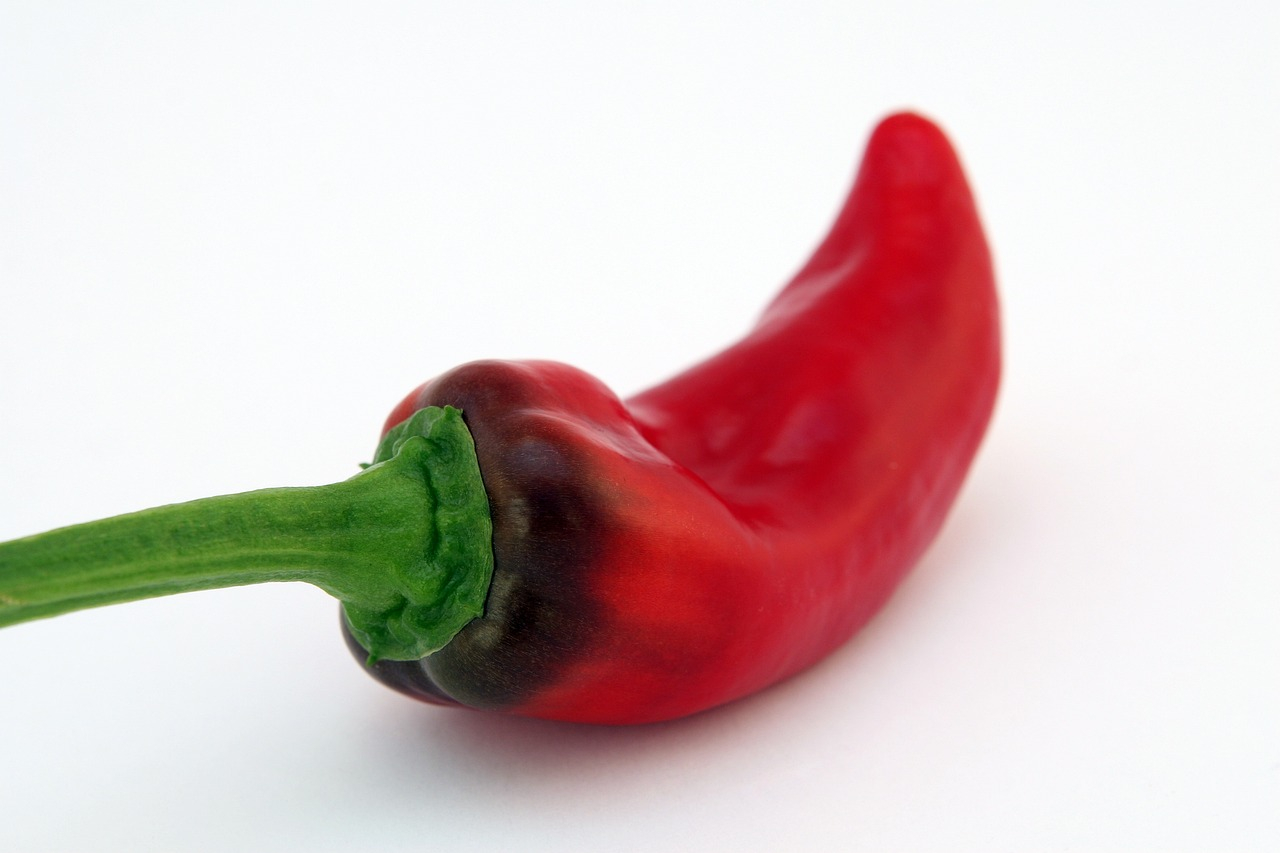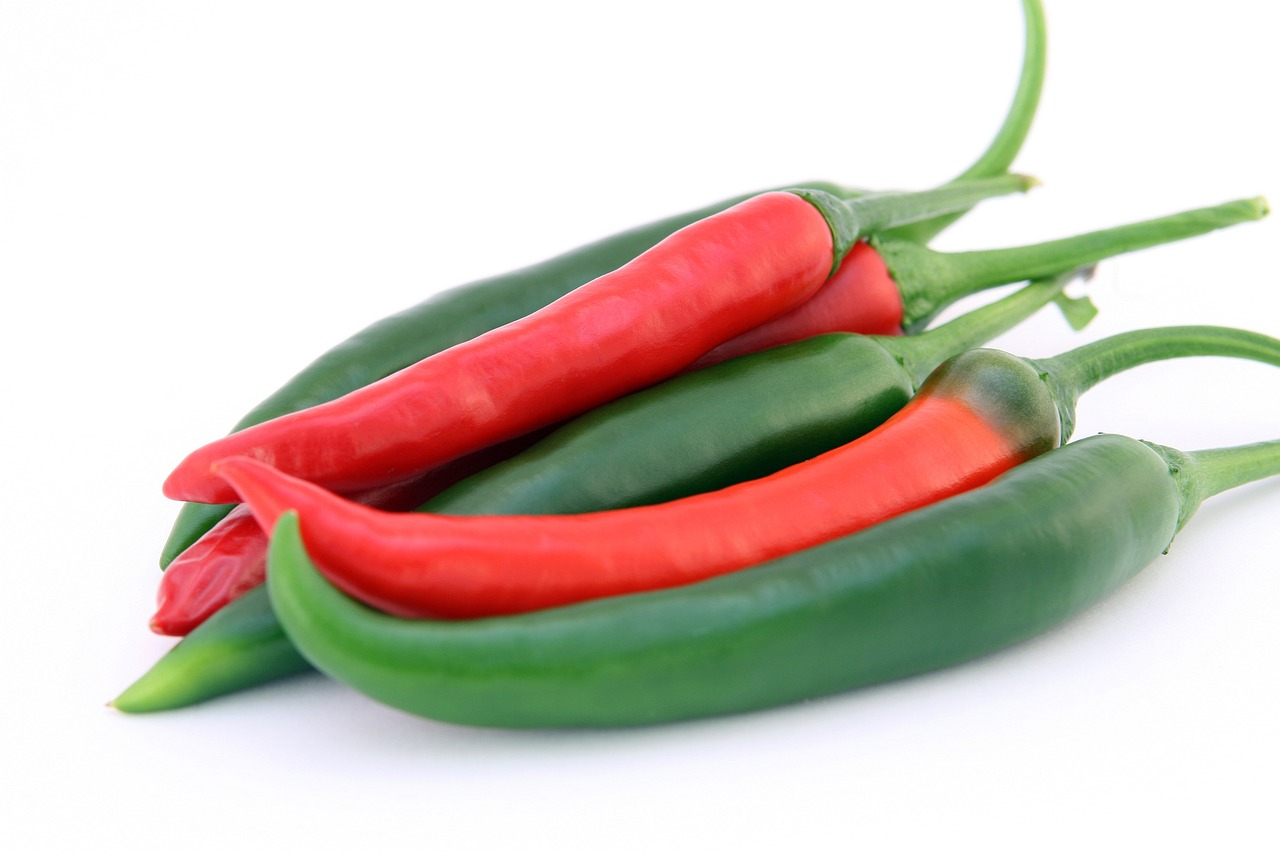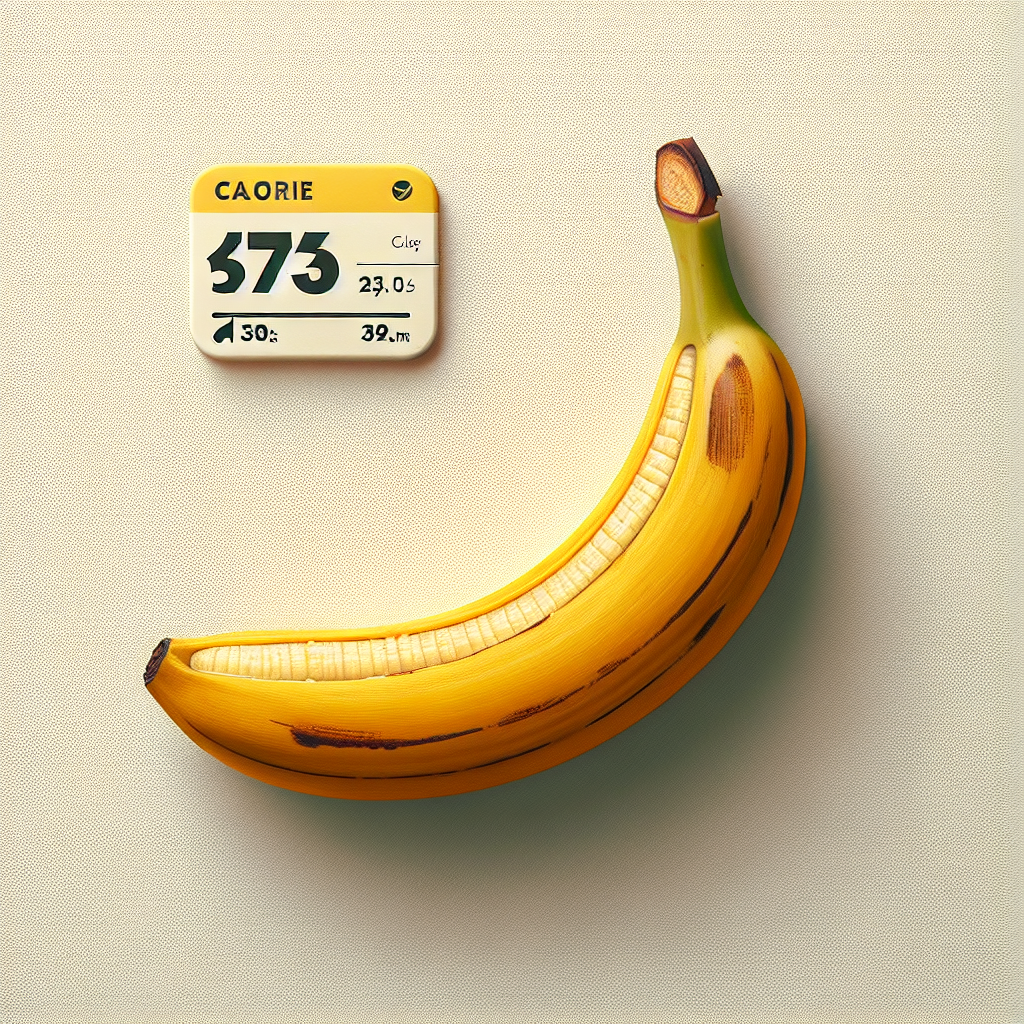How Many Calories In A Banana
Managing a balanced diet hinges on having clear knowledge about nutritional content, especially when it comes to the seemingly innocent fruit we consume daily. This article guides you through a comprehensive journey to uncover and understand the calorie count in the different foods you consume, focusing on commonly consumed fruits such as bananas and apples, and dietary essentials like eggs and avocados. From determining the number of calories needed per day, to strategies on how to lose calories efficiently, this text leaves no stone unturned. You will find this information particularly helpful in planning a successful weight loss regimen, explaining precisely how many calories you need to burn and eat each day to achieve your weight objectives. Additionally, you will be informed about what calories are, and all you need to know about the calorie content of foods down to your favorite chicken breast.

Understanding the basics of Calories
What are calories
Calories are a measure of energy. Specifically, it is a unit of energy that your body uses to perform basic biological functions, like breathing and circulating blood, and to conduct physical activities. From the food you consume, your body extracts nutrients and energy, measured in calories. This energy is essential for maintaining overall health and vitality.
How many calories does the average individual need
An average woman needs to eat about 2000 calories per day to maintain her weight, and 1500 calories to lose one pound of weight per week. An average man needs 2500 calories to maintain, and 2000 to lose one pound of weight per week. However, this depends on numerous factors such as age, height, current weight, activity levels, metabolic health, and several others.
Explaining ‘calories in’ vs ‘calories out’
The principle of ‘calories in, calories out’ is a simple concept related to weight management. It refers to the number of calories you ingest from food and drink, versus the number of calories you burn through physical activity and metabolic processes. If you consume more calories than you burn, you’ll gain weight. In contrast, if you burn more calories than you ingest, you’ll lose weight.
Specifics of calorie intake and weight management
How many calories should you eat daily
The number of calories you need daily varies based on factors like age, gender, physical activity level, and individual metabolic rate. Generally, adult men typically require around 2,500 calories per day, and adult women need about 2,000 calories per day. This is for those who have a moderate physical activity level.
How many calories should you consume to lose weight
To lose weight, you must create a calorie deficit, which means you ingest fewer calories than your body uses. Cutting about 500 to 1,000 calories per day is recommended for a safe and sustainable weight loss of 1 to 2 pounds per week.
How many calories make up a pound
One pound of body weight is approximately equivalent to 3,500 calories. So, to lose a pound of body weight through diet alone, you should create a calorie deficit of 3,500 calories.
How many calories should you burn daily
On average, a person should aim to burn 200-500 calories per day through exercise for healthy weight loss. This number can vary widely, however, based on factors like your weight and the intensity of the activity performed.

Caloric content of common fruits
How many calories in a Banana
A medium-sized banana contains about 105 calories.
How many calories are in an apple
A medium-sized apple has approximately 95 calories.
How many calories in an orange
A medium-sized orange contains about 60 calories.
How many calories in a watermelon
One cup of watermelon contains approximately 46 calories.
How many calories in blueberries
One cup of blueberries holds about 85 calories.
How many calories in a mango
A medium-sized mango has around 150 calories.
Caloric Content of Different Types of Protein Sources
How many calories in chicken breast
One cooked skinless, boneless chicken breast (about 3 ounces) contains roughly 130 calories.
How many calories in an egg
one large egg contains around 70 calories.
How many calories in an avocado
Half of an avocado has approximately 120 calories.
How many calories in a boiled egg
One large boiled egg contains about 80 calories.

Caloric Value of Various Vegetables
How many calories in a cucumber
A medium-sized cucumber holds approximately 45 calories.
How many calories in a sweet potato
One medium-sized sweet potato has about 100 calories.
How many calories in strawberries
One cup of whole strawberries contains approximately 46 calories.
Calories in Beverages
How many calories in a shot of vodka
A standard shot (1.5 ounces) of vodka contains about 95 calories.
How many calories in vodka
One ounce of vodka holds about 64 calories.

The Caloric Content of Fast Food Items
How many calories are in a Big Mac
A Big Mac from mcdonald’s holds about 540 calories.
How to Burn Calories Efficiently
What exercise burns the most calories
High-intensity exercises such as jumping rope, sprinting, or high-impact aerobics tend to burn the most calories.
How many calories do you burn walking a mile
A 180-pound person might burn about 100 calories walking a mile, while a 120-pound person burns around 65 calories.
How many calories do you burn in a day
On average, a person can burn between 1,500 and 2,500 calories per day. This varies based on factors including gender, age, weight, and activity level.

Impacts of Overconsumption of Calories
Potential health risks
Overconsuming calories can lead to weight gain, obesity, high cholesterol, high blood pressure, type 2 diabetes, heart disease, stroke, and several other health issues.
Caloric surplus and weight gain
A caloric surplus occurs when you consume more calories than your body needs. Over time, these extra calories can lead to weight gain.
Impacts of Underconsumption of Calories
Potential health risks
Under-consumption of calories—eating less than your body requires—can result in malnutrition, decrease in muscle mass, lower immunity, and potentially affect functions of organs like the heart and lungs.
Caloric deficit and weight loss
While consuming fewer calories than you burn can lead to weight loss, creating a severe caloric deficit can have negative effects on your body. Aim for moderate, healthy weight loss by creating a manageable calorie deficit. Remember, any changes to your diet or exercise routine should be discussed with a healthcare provider. Your health is a lifelong journey, and understanding the basics of calorie content can help guide your path to a balanced and nourishing lifestyle.

